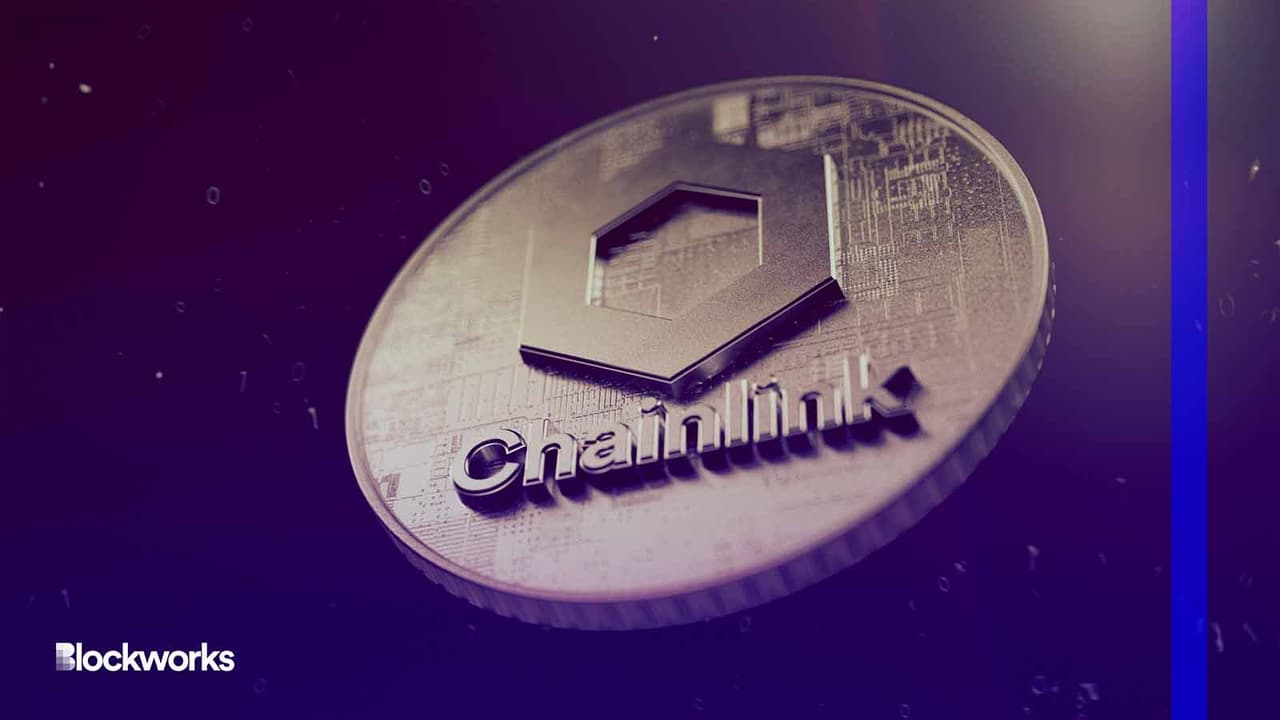1
General Discussion / Re: Pemain karatan agen judi game slot online - new post from 3w, game pragmatic slot android &amp
« on: September 15, 2023, 01:07:26 PM »
ANZ, one of Australia’s “Big Four” banks, has completed a transaction with tokenized assets utilizing its A$DC stablecoin and Chainlink’s Cross-Chain Interoperability Protocol, or CCIP.
The development showcased the bank’s capability to transfer funds across both open and private blockchain networks, furthering experiments being conducted to test the efficiency and security of deploying real-world assets on-chain.
According to a statement by Chainlink on social platform X, formerly known as Twitter, the move Wednesday “builds on the lessons learned” from the Swift blockchain interoperability initiative, originally conducted in June.
The effort, a joint venture between leading global banks and The Society for Worldwide Interbank Financial Telecommunication, seeks to test the limits of blockchain interoperability.
Its objective: Offering major financial institutions a centralized gateway to various networks, in a bid to reduce the operational hurdles and investment required to link the global financial system.
Banks involved included BNP Paribas, BNY Mellon, Citi, Clearstream, Euroclear, Lloyds Banking Group, SIX Digital Exchange (SDX), and The Depository Trust and Clearing Corporation (DTCC), in addition to ANZ or the Australia and New Zealand Banking Group.
Chainlink has played a central role in understanding whether banks and the crypto sector can coexist in harmony, challenging commonly held concerns associated with retail CBDCs.
Chainlink’s product, which has so far been well received, serves as a “universal messaging interface” for communication between various chains by utilizing its Oracle network.
CCIP works with two separate Oracle networks. One network handles sending messages and transferring value, while the other watches over to make sure those transactions aren’t risky, Blockworks was previously told.
“The bank’s work with its A$DC stablecoin and the tokenization of real-world assets has already provided us with valuable lessons as we continue to investigate enterprise-grade use cases,” Nigel Dobson, ANZ’s banking services portfolio lead said in a statement on Wednesday.
“Based on market activity, we expect the continued adoption of digital assets will result in the proliferation of multiple assets across many blockchain networks.”

Cryptocurrency exchanges review:
#1 OKX - 24h Volume: $ 1 097 255 972.
OKX is an Hong Kong-based company founded in 2017 by Star Xu. Not available to users in the United States.
#2 ByBit - 24h Volume: $953 436 658.
It is headquartered in Singapore and has offices in Hong Kong and Taiwan. Bybit works in over 200 countries across the globe with the exception of the US.
#3 Gate.io - 24h Volume: $ 643 886 488.
The company was founded in 2013. Headquartered in South Korea. Gate.io is not available in the United States.
#4 MEXC - 24h Volume: $ 543 633 048.
MEXC was founded in 2018 and gained popularity in its hometown of Singapore. US residents have access to the MEXC exchange.
#5 KuCoin - 24h Volume: $ 513 654 331.
KuCoin operated by the Hong Kong company. Kucoin is not licensed to operate in the US.
#6 Huobi - 24h Volume: $ 358 727 945.
Huobi Global was founded in 2013 in Beijing. Headquartered in Singapore. Citizens cannot use Huobi in the US.
#7 Bitfinix - 24h Volume: $ 77 428 432.
Bitfinex is located in Taipei, T'ai-pei, Taiwan. Bitfinex is not currently available to U.S. citizens or residents.
My bitcoin-blog: https://sites.google.com/view/cardano-potential-growth/
=)

